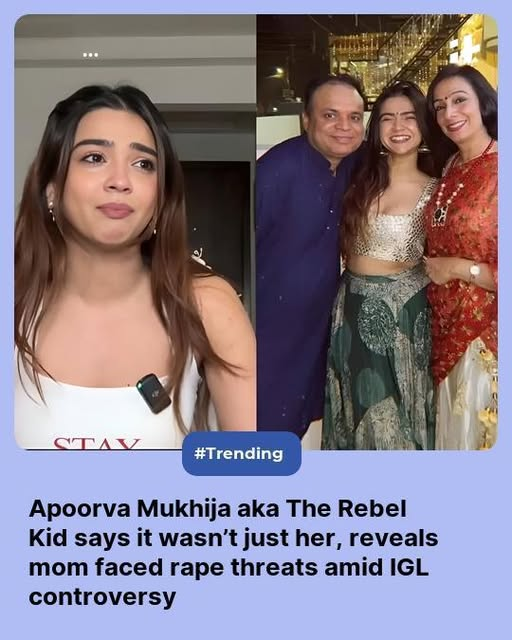Behind the Screen: The Hidden Cost of Being a Woman Content Creator, India
- Aamna
- Aug 19, 2025
- 3 min read
For many women, the internet is a place of possibility, a space to create, connect, and build something meaningful. From YouTube to Instagram and TikTok, female content creators have built communities, launched careers, and shared their voices with the world. But behind the filters, live streams, and viral moments, there's a harsh reality most people don't see: being a woman online often means being a target. The moment you step into public view, sometimes even before, the harassment begins.

Ask any woman who's posted regularly online, even with just a few hundred followers, and she'll probably say the same thing: "The DMs are never really safe." You could be sharing something as harmless as a recipe. A dance video. A selfie with your dog. Doesn't matter. The messages still come.
Unwanted comments. Creepy DMs. That gut feeling of being watched or worse, judged, sexualized, or objectified for simply existing. And it's not just "influencers." Even women with private accounts, no hashtags, barely any followers still get hit with it. Random strangers asking for "pics." Older men offering money for "just a chat." Sometimes, unsolicited explicit images land in their inbox with no context, no warning, just violation.
It's disturbing. And it's way more common than people realize. It's not really about fame; it's about control. A 2021 Pew study found that 1 in 3 women under 35 had received unsolicited explicit images online. Think about that.

And the more visible a woman becomes online, the worse it often gets. Because this isn't really about attraction. It's about power. About some people thinking the moment a woman posts online, she's fair game for attention, approval, or abuse. Whenever women speak up about online harassment, the advice is always the same: "Just ignore it." "Block and move on." "Don't feed the trolls."
But here's the thing: when you're getting dozens of gross or even threatening messages every week, that advice feels useless. Blocking isn't protection; it's maintenance. And for every one you block, five more pop up. And sometimes it doesn't stay online.
A 2022 report by the Anti-Defamation League showed that over 40% of women under 35 had experienced severe forms of online harassment: stalking, threats, doxxing. This isn't "trolling." It's emotional warfare.
It makes you rethink everything you post. You question if your bio is too "welcoming." If your outfit in a photo might attract the wrong attention. You hesitate before posting your opinion not because you doubt it, but because you're tired. Tired of defending your own humanity in a space that constantly tests it.
We tend to forget that sometimes. The internet isn't just content. It's people. Real women. With hopes, flaws, bad days, big dreams. With a voice. With boundaries. With lives far beyond their Instagram page. And every inappropriate message, every "just ignore it", every silence from others chips away at their sense of safety.
We all have a role to play. Whether you're a fellow Indian women content creator, a casual viewer, a friend, a doomscroller, or someone who's never left a comment in your life, you can help. Report the abusers. Support the women you follow. Don't stay silent when you see it happening.
Before you type that comment, send that DM, or share that post, ask yourself: Would I say this if she was standing in front of me? Would I want someone to say this to my sister, my mother, my friend, my future daughter?
Because in the end, this isn't just about women. It's about the kind of internet we all want to live in.








Comments